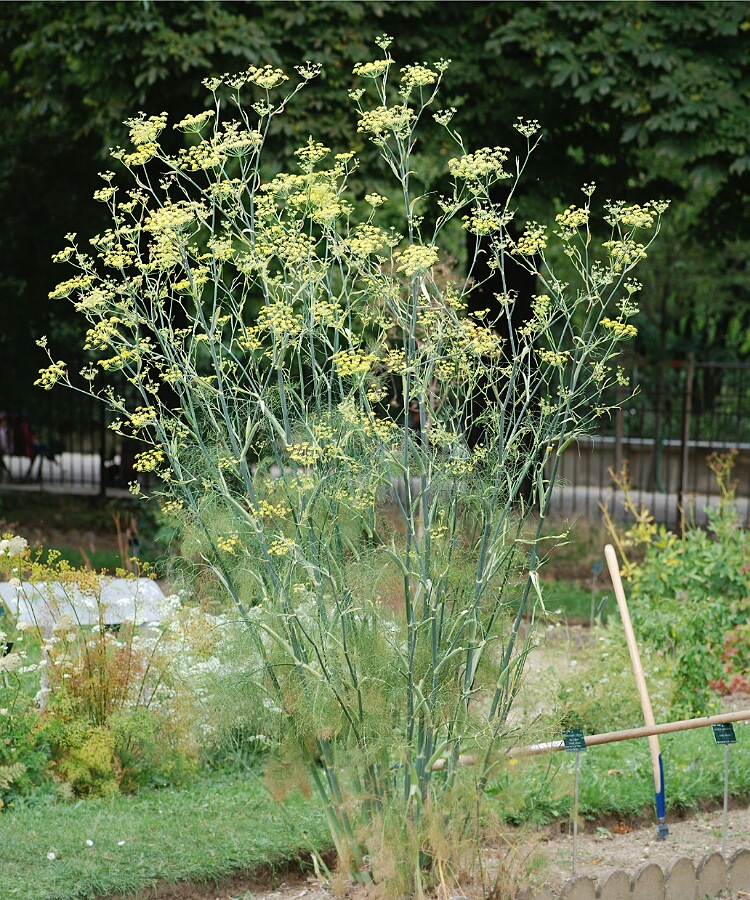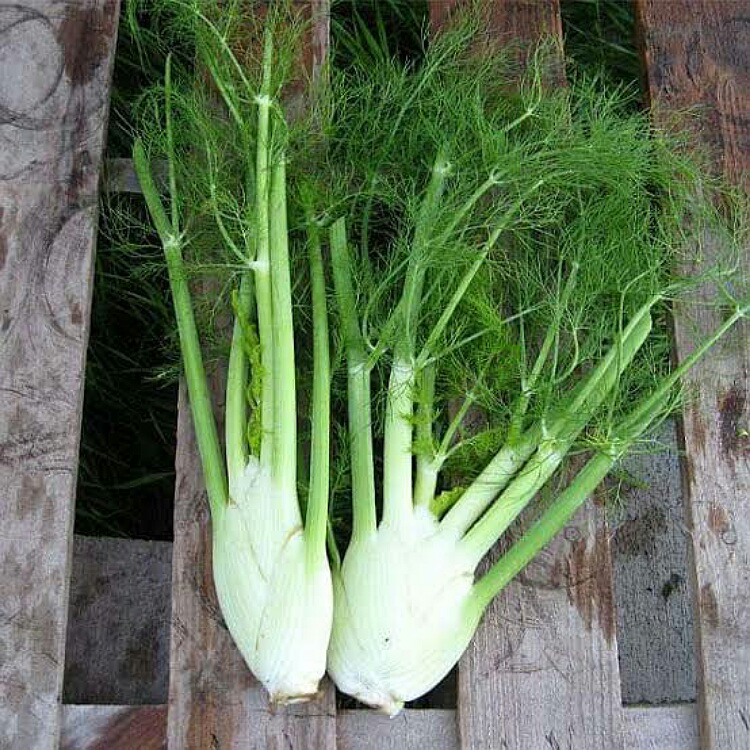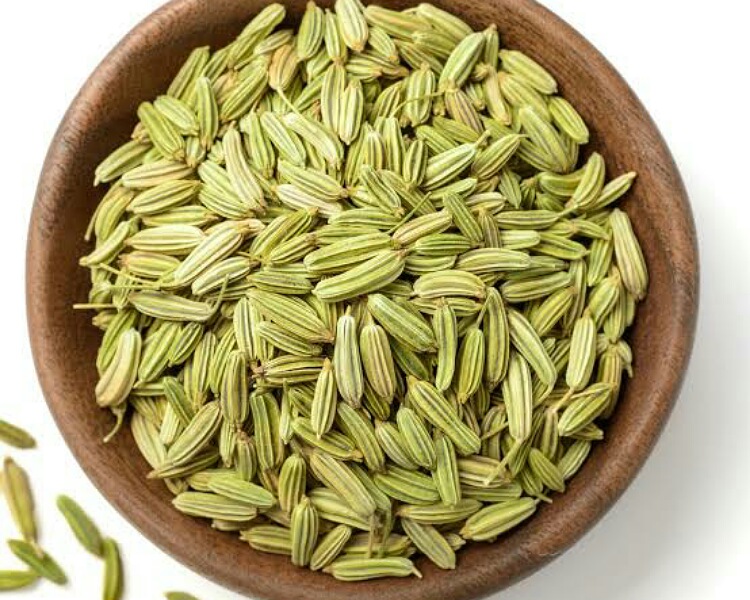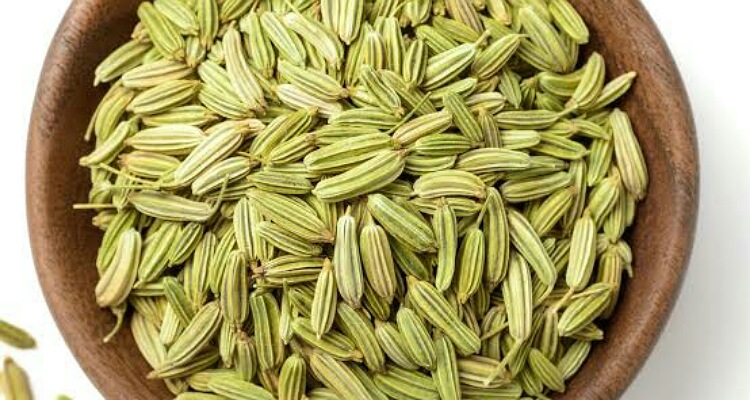Fennel plant is a hardy perennial herb that bears flowers. It is flavorful herb that has a place in cooking. And it is found mainly in the Mediterranean region. How much and what nutrition does it offer? What are its health benefits, if any?
Fennel plant and its uses
Fennel plant is a flowering herb that grows round the year in the Mediterranean region. It is hardy with a hollow stem and has feathery leaves. Its flowers are in umbels and small and yellow in color.
Its fruit is a scizocarp that is dry and attached to the pericarp. Hence people mistake the fruit and call it a seed. This fruit is 4 to 10 mm long and half that size in width with a groove on it. Some varieties have a swollen stem base called Florence fennel. This is also edible as a root vegetable.

The leaves and fruits are aromatic. The volatile oils present in them include trans-anethole, estragole, fenchone, limonene, and 1-octen-3-ol. The parts of the plant also have other phytochemicals such as polyphenols (rosmarinic acid and luteolin). Besides cooking, the oil can act as an insecticide. Ancient Greeks and Romans also used it as a medicine.
Moreover, Florence fennel goes into making of the popular drink of France and other countries, absinthe. In Scandinavian countries, it is a traditional spice. Chinese also utilize it as a medicine.
Nutritive value
100 grams of the seeds have 345 calories. Carbs are 52 grams with 40 grams of dietary fiber. Fat content is 14.9 grams. Of this, saturated fats are 0.5 grams, monounsaturated fats are 9.9 grams while polyunsaturated fats are 1.7 grams. The seeds have 15.8 grams of protein in 100 grams.
The seeds have an abundance of minerals and vitamins. The seeds are rich in zinc, calcium, iron, phosphorus, magnesium, manganese and potassium. Sodium is 88 mg while potassium is 1694 mg in 100 grams of the seeds. Moreover, the seeds abound in vitamin B1, B2, B3, B6, and C.

The fennel bulb is also rich in minerals and vitamins including selenium. It has dietary fibers and some sugars as well. 235 grams of the bulb provides around 72 calories. Additionally, it has choline, beta-carotene, vitamin E, lutein, zeaxanthin, and vitamin K.
Health benefits
This herb of the carrot family is beneficial for health and weight management. It is loaded with potassium and has low sodium. Hence it acts as a vasodilator and enhances blood flow to various body organs. It protects heart too. Its vitamin A (as beta-carotene) and vitamin C content helps in collagen formation and tissue repair. It provides elasticity to skin and protects mucous membranes.
Moreover, its high antioxidants content is beneficial to reduce body inflammation and control the risk of chronic diseases and cancer. This food item is flavorful with less calories. It is high in fiber and has a low glycemic index. Thus, it makes the eater feel full and aids weight management. It has the power to control high blood sugar spikes.

Additionally, it is rich in iron and vitamin C. The latter assists in iron absorption. And the two together contribute to formation of hemoglobin and red blood cells and prevention of anemia.
Read more: How to make Roasted Fennel? (Crisp Texture and Unique Flavor)
Overall, fennel is safe for consumption. Some with allergy to celery or carrot could have problems with fennel too.
